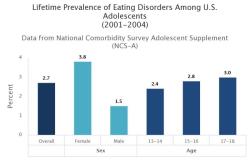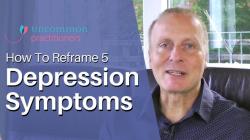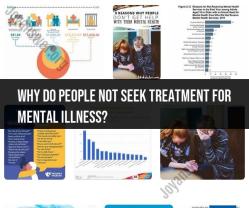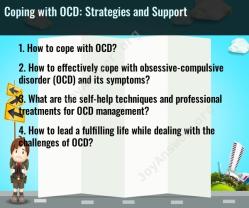How did mental health courts start?
Mental health courts are specialized judicial programs designed to address the unique needs of individuals with mental health disorders who become involved in the criminal justice system. These courts aim to divert individuals away from incarceration and toward appropriate mental health treatment and support. To trace the origins and development of mental health courts, we can explore their inception and evolution:
Inception of Mental Health Courts:
1980s-1990s: The origins of mental health courts can be traced back to the late 20th century. During this period, there was growing recognition of the overrepresentation of individuals with mental illness in the criminal justice system. Advocates, including mental health professionals, legal experts, and policymakers, began to raise concerns about the inadequate treatment of mentally ill offenders in traditional criminal courts.
Miami-Dade County, Florida (1989): One of the earliest and most influential examples of a mental health court program can be found in Miami-Dade County, Florida. Judge Steven Leifman is often credited with founding the nation's first mental health court. The program aimed to provide alternative sentencing options and treatment for individuals with mental illness who had committed non-violent offenses.
Development and Expansion:
1990s-2000s: Throughout the 1990s and early 2000s, the concept of mental health courts gained momentum. Other jurisdictions across the United States began to establish their own mental health court programs, often modeled after the Miami-Dade County program.
Establishment of Best Practices: During this period, best practices for mental health courts were developed, emphasizing collaboration between the criminal justice system, mental health professionals, and social service agencies. These best practices aimed to ensure that participants received appropriate treatment and support, reducing the likelihood of reoffending.
Recognition and Funding: Mental health courts gained recognition from policymakers and organizations interested in criminal justice reform and mental health advocacy. Federal and state governments started providing funding and support for the establishment and expansion of mental health court programs.
Variation in Models: Mental health courts evolved over time, leading to various models and approaches. Some courts are focused on pre-trial diversion, while others operate post-conviction. Additionally, mental health courts may serve specific populations, such as veterans or juveniles.
Contemporary Status:
Global Expansion: The concept of mental health courts has expanded beyond the United States. Many other countries, including Canada, the United Kingdom, and Australia, have implemented similar programs to address the intersection of mental illness and the criminal justice system.
Continued Advocacy and Research: Advocacy groups, scholars, and practitioners continue to advocate for the improvement and expansion of mental health courts. Ongoing research aims to assess the effectiveness of these programs in reducing recidivism and improving the lives of individuals with mental illness.
Challenges and Critiques: Despite their positive intentions, mental health courts have faced challenges and critiques. Some critics argue that these courts may inadvertently lead to coercion or insufficient access to appropriate mental health care.
In conclusion, mental health courts emerged in response to the recognition of the unique needs of individuals with mental illness in the criminal justice system. They have evolved over time, with various jurisdictions implementing their own versions of these specialized courts. While mental health courts have made significant strides in diverting individuals toward treatment rather than incarceration, ongoing research and advocacy are essential to address challenges and improve outcomes for those involved in these programs.













